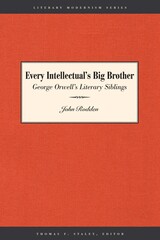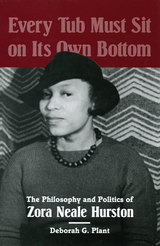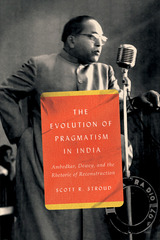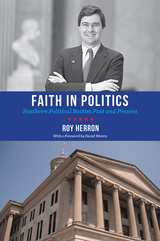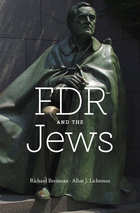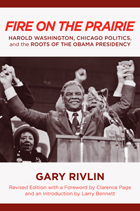Cloth: 978-0-674-62200-5
The mid-nineteenth century was a period of extraordinary intellectual excitement and tension and nowhere is this more vividly illustrated than in the divergent careers of Cardinal Newman and his brother Francis. Both were men of considerable mental powers and high moral purpose. They shared a devotion to the search for religious truth and spiritual values, yet their intellectual development drove them further and further apart until they came to represent the two opposing philosophical positions of their age.
Professor Robbins' study of the brothers reveals in a new and striking way the master currents of the period which carried these symbolical figures in such different directions. With considerable psychological insight he traces their early lives from the common evangelical zeal of their adolescence through their striking careers at Oxford. He then follows the famous story of John Henry Newman's difficult and hesitating journey of conscience which led him to break with the Church of England and embrace the rigid dogma of Rome. He contrasts it with the almost unknown progress of Francis Newman from the life of an evangelical and missionary to become an apostle of all those liberal, rationalist ideas which his brother had rejected with such vehemence and to doubt the very bases of the christian faith.
Cardinal Newman's life has already been explored in many books but Professor Robbins draws on illuminating new material. He quotes from many unpublished letters between the brothers and from the works of Francis which few but he have read for two generations.
The weight of scholarship behind this book makes it an important study for students of nineteenth-century literature, philosophy and religion, while the general reader should find this a lucid and compelling account of the interplay of sharply contrasting ideas and personalities.
See other books on: 19th Century | Christianity | Essay | Religious | Robbins, William
See other titles from Harvard University Press

